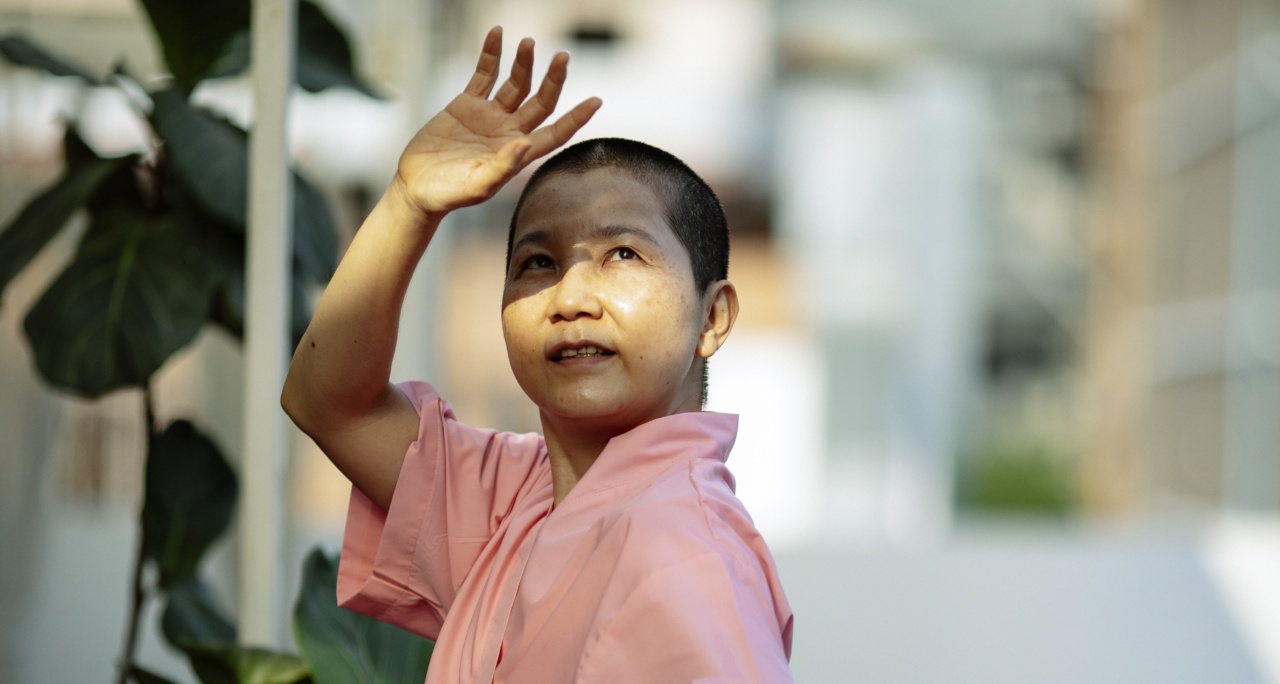Green tea is a beverage that originates from China and has been consumed for centuries due to its numerous health benefits. It has gained popularity worldwide among health enthusiasts due to its antioxidant and anti-inflammatory properties.
Additionally, green tea has been shown to possess powerful anti-cancer properties, protecting against two of the most prevalent types of cancer: breast and prostate cancer. In this article, we explore the scientific evidence behind the anti-cancer powers of green tea and how it can help protect against these dangerous diseases.
The Benefits of Green Tea
Green tea is a highly nutritious beverage that is rich in natural compounds. One of the most important compounds found in green tea is catechins, which are a type of flavonoid.
These catechins are responsible for most of the health benefits attributed to green tea. The most abundant catechin in green tea is epigallocatechin-3-gallate (EGCG), which is known for its potent antioxidant and anti-inflammatory properties.
Green tea also contains caffeine and the amino acid L-theanine that work together to improve brain function. They also empower the tea with its natural stimulant properties, helping to promote wakefulness and alertness.
Green Tea and Breast Cancer
Breast cancer is the most common cancer among women worldwide. According to the World Health Organization (WHO), breast cancer affects approximately 2.1 million women every year and is responsible for over 600,000 deaths annually.
Studies have shown that the catechins and other natural compounds present in green tea may help to prevent the development of breast cancer cells.
A study published in the journal ‘Breast Cancer Research and Treatment’ in 2010 analyzed polyphenol intake in a group of women with breast cancer and compared it to a control group.
The researchers found that higher intake of polyphenols, particularly catechins, was significantly associated with a reduced risk of breast cancer development. Another study published in the ‘Journal of Agricultural and Food Chemistry’ found that EGCG, the main catechin in green tea, can induce cell death in breast cancer cells.
Green Tea and Prostate Cancer
Prostate cancer is the second most common cancer among men worldwide, with over 1.2 million new cases diagnosed every year. According to the American Cancer Society, about 1 in 8 men will be diagnosed with prostate cancer in their lifetime.
Research has shown that green tea consumption may help to protect against the development of prostate cancer cells.
A study published in the ‘Journal of Nutritional Biochemistry’ in 2008 found that EGCG can inhibit the growth of prostate cancer cells.
Another study conducted by researchers from the University of Southern California found that men who consumed green tea regularly had a lower risk of developing prostate cancer than those who did not drink green tea. The researchers also found that the more green tea the men drank, the lower their risk of developing prostate cancer.
How Does Green Tea Help Prevent Cancer?
The catechins present in green tea have been shown to produce anti-cancer effects by a number of mechanisms. For example, they may prevent the formation of new blood vessels required to feed cancerous tumors, a process known as angiogenesis.
They may also reduce inflammation, which is believed to play a role in cancer development.
Studies have also shown that EGCG, the main catechin in green tea, can induce apoptosis, or cell death, in cancer cells. This may help to prevent cancerous cells from proliferating and spreading throughout the body.
Additionally, green tea has been shown to increase the activity of natural killer cells, which are immune cells that target and destroy cancer cells.
How Much Green Tea Should You Drink?
The amount of green tea required to provide anti-cancer protection is not yet fully understood. However, several studies suggest that even moderate amounts of green tea consumption can offer health benefits.
A study conducted on Chinese women found that drinking green tea regularly reduced the risk of breast cancer by 50%. In another study, Japanese men who drank five or more cups of green tea per day had a 50% lower risk of developing prostate cancer than those who drank less than one cup per day.
To reap the full benefits of green tea, it is recommended to drink 3 to 5 cups per day. However, it is important to note that green tea contains caffeine, which can have negative health effects if consumed in excess.
It is recommended to limit caffeine intake to no more than 400mg per day, which is approximately the amount found in 5 cups of green tea.
Conclusion
Green tea is a highly nutritious beverage that offers numerous health benefits.
Research has shown that the natural compounds present in green tea, particularly catechins, possess powerful anti-cancer properties that help protect against breast and prostate cancer. To maximize the health benefits of green tea, it is recommended to drink 3 to 5 cups per day. However, be mindful of your caffeine intake and limit it to no more than 400mg per day.






























